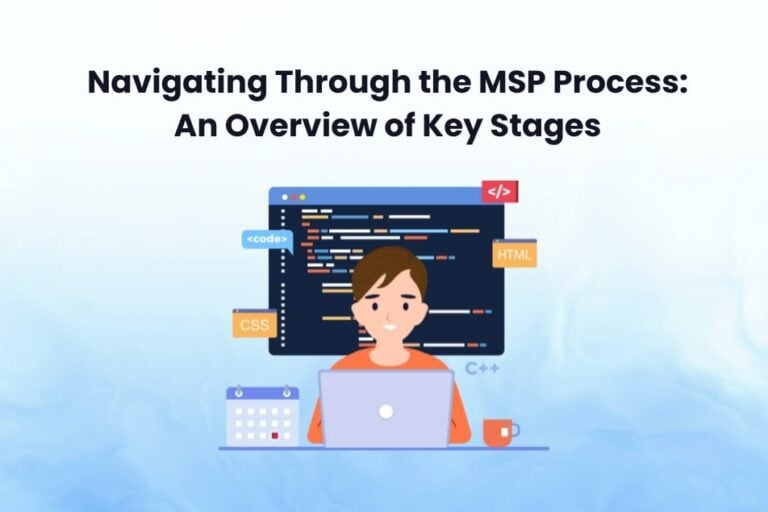In the complex landscape of program management, organizations seek effective methodologies to steer their initiatives toward success. The MSP (Managing Successful Programmes) framework has emerged as a beacon, offering a structured approach to program management. This blog explores the intricacies of the MSP Process, shedding light on the key stages that form the backbone of this methodology. Whether you’re a seasoned program manager or a professional considering MSP Training, understanding these stages is essential for successful program delivery.
The Essence of MSP: A Brief Overview
It would be helpful to understand what MSP stands for before diving into the process steps. Programme managers may find a set of guidelines and procedures for effective programme management in the best practice framework known as Managing Successful Programmes. The significance of programmes being in sync with organisational strategy, providing value, and actively overseeing the actualisation of benefits is highlighted. With MSP as their compass, programme managers may traverse the challenging terrain of coordinating several projects to accomplish overarching goals more easily.
Stage 1: Identifying a Programme
Once a programme has been identified, the MSP process may commence. The first step is to identify the interconnected projects that, when taken together, help achieve the overarching strategic objectives. Then, you can formulate a plan to handle each project in turn. Establishing a governance framework to direct decision-making, detailing the anticipated benefits, and defining the program’s scope are important actions in this stage.
Insights Gained from MSP Training: Future programme managers learn a lot about how to define a program’s scope accurately and connect it with the organisation’s goals while taking this training. Initiating a programme successfully requires this background information.
Stage 2: Defining a Programme
When a program has been found, the next step is to define its parameters thoroughly. Among these tasks is creating a programme outline, which details the program’s goals, intended results, and who is responsible for what. Furthermore, strong risk management techniques and communication plans are crucial now. The next steps in the program’s execution can only be successful if the programme is well defined.
What Professionals Learn in MSP Courses: Trainees in MSP courses explore the intricacies of developing a comprehensive programme description. This course will greatly enhance their ability to define programme goals, interact with programme stakeholders, and lay the groundwork for effective programme delivery.
Stage 3: Managing the Tranches
It is common practice to manage programmes in phases or tranches, and the MSP process acknowledges this. This is particularly true for big and complicated programmes. The program’s lifespan is divided into several phases, including its objectives and deliverables. By breaking down projects into smaller, more manageable chunks, organisations have more leeway to adapt to new situations and build on past successes.
An important part of MSP training is learning how to handle tranches properly. Managers of programmes learn to be flexible and always look for ways to enhance their processes so that each phase adds up to a successful programme.
Stage 4: Delivering the Capability
At this point, everything starts to come together. Delivering the capabilities specified in the programme specification is the primary emphasis of programme managers. Managing resources, coordinating many initiatives, and ensuring everything aligns with the program’s long-term goals are all part of programme management. At this point, you need to communicate well, pay close attention to detail, and solve problems as they arise.
Professionals are more equipped to handle the intricacies of capability delivery after completing MSP training. Programme managers gain expertise in managing resources and engaging stakeholders at this critical stage of MSP.
Stage 5: Realising the Benefits
Realising the expected advantages is the end objective of any programme. In this phase, you’ll manage and monitor the realisation of benefits throughout time and produce the program’s outputs. Ensuring the company gets the benefits mentioned at the beginning of the MSP process demands a strategic emphasis on value.
A key component of programme management is the realisation of benefits, which is emphasised throughout MSP training. Developing and implementing strategies to obtain and maintain quantifiable and intangible rewards is a skill that professionals master.
Conclusion
Programme managers may deftly negotiate the complexity of programme management using the MSP framework, which identifies, defines, manages tranches, delivers capabilities, and realises benefits. To help organisations accomplish their strategic objectives in a dynamic business context, MSP training provides the skills and expertise required to lead programmes from start to finish.


0 Comments